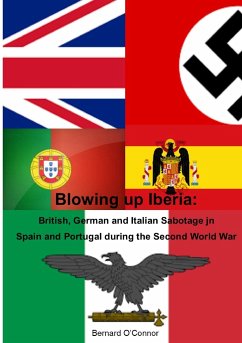During the Second World War, Gibraltar faced the threat of invasion by Italy, Germany, and Spain. The Abwehr, the German Intelligence Service, rather than use their own saboteurs, paid young Spanish men to undertake over sixty sabotage attacks on military installations and shipping with limited success. The Italian Decima Flotilla MAS, a specialist team of underwater frogmen, launched eight attacks which were relatively successful and Spanish Falangists made several unsuccessful attempts. The British Secret Intelligence Service endeavoured to stop or at least limit such attacks. Using contemporary files from the National Archives in Kew, autobiographies, biographies, histories and newspaper articles, this documentary history investigates the successes and failures of these attacks on Gibraltar and the roles played by intelligence officers, agents, double agents in discovering and preventing such acts. The book sheds light on an unusual and largely overlooked aspect of Gibraltar's history.
Hinweis: Dieser Artikel kann nur an eine deutsche Lieferadresse ausgeliefert werden.
Hinweis: Dieser Artikel kann nur an eine deutsche Lieferadresse ausgeliefert werden.








